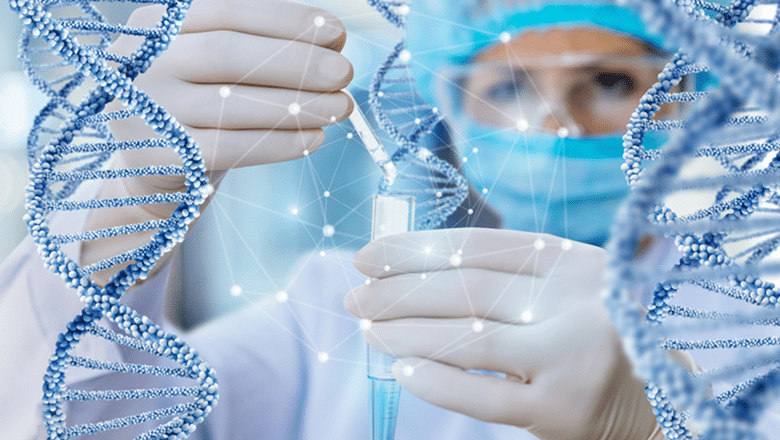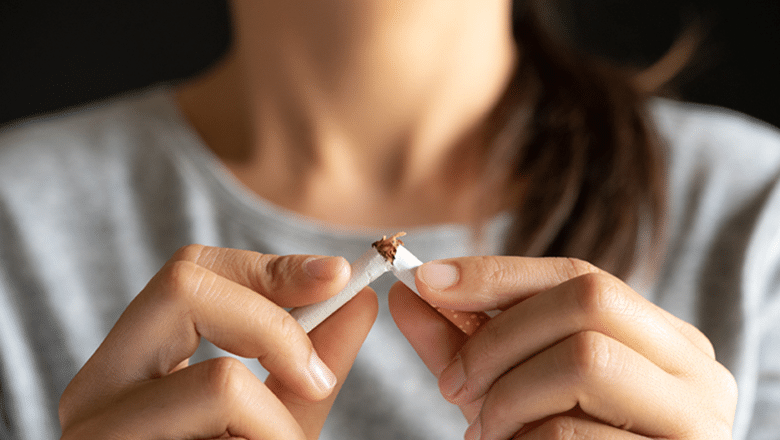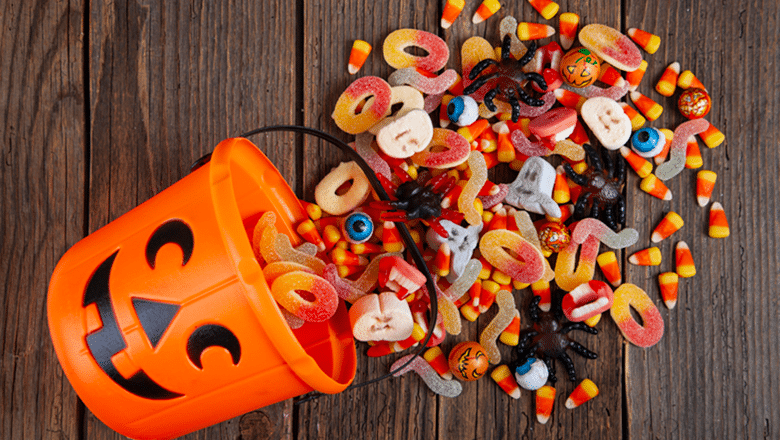Michigan Institute of Urology
Keeping You Informed
What To Do If Sex Is Painful After Menopause
By Jennifer Sobol, D.O. Menopause is a stage of life that many women look forward to. It means freedom from monthly periods, saying goodbye to painful menstrual cramps, sayonara to PMS, and hasta luego to menstrual migraines. But since nature [...]
Clinical Trials We Are Currently Recruiting For – April 2024
By Dr. Jason Hafron, M.D., CMO We conduct clinical trials at MIU to better understand urological conditions and diseases. These trials help us find better ways to prevent and treat these illnesses, and participation in them can potentially grant patients [...]
8 Treatment Options for Overactive Bladder: Find Which Is Right for You
By: Katie M. Rosen, D.O. If the sound of running water gives you an urgent need to pee, then you probably have a hunch about what it’s like to experience the symptoms of overactive bladder (OAB). Lots of people do. [...]
6 Common Signs of Kidney Stones, Besides Pain
By Dr. Robert Elgin, D.O. Every year, more than half a million people enter the emergency room doubled over in pain, seeking relief for kidney stones. For many, the stones seemed to come from nowhere. But did you know that [...]
Plain Talk About Pelvic Floor Prolapse
By Dr. Melissa Fischer, M.D. Nearly one-quarter of all women experience a pelvic floor disorder, such as pelvic floor weakness. That’s because pregnancy, childbirth, hysterectomies, menopause, obesity, and chronic constipation can all weaken the pelvic floor. The vagina and its [...]
The Facts About Occasional Erectile Dysfunction
By: Jaclyn Milose, M.D. The first time a man’s erection fails him can be humbling. Should it be worrying if it happens a third, fourth, or sixth time? Not necessarily. Truth is, occasional erectile dysfunction – the inability of the [...]
Pill-Free Ways to Treat ED
By: Courtney McCracken, M.S.N., R.N., F.N.P.-C. Patients have a lot of different reasons for not wanting to take a pill to treat ED. Some fear it will impact the spontaneity in their love life, waiting for a pill to kick [...]
Clinical Trials We Are Currently Recruiting For – January 2024
We conduct clinical trials at MIU to better understand urological conditions and diseases. These trials help us find better ways to prevent and treat these illnesses, and participation in them can potentially grant patients access to the latest treatments available. [...]
6 Urinary Conditions Made Worse by Smoking
By: Alex Tapper, M.D. Nearly one in 12 Americans smoke. This January, more than one in 10 pledged to quit. If you are among those trying to kick the habit and could use some added incentives, we’ve got 70 of [...]
Looking Back On a Good Year at MIU: 5 Major Milestones of 2023
By: Dr. Jason Hafron, M.D., CMO As of 2023, Michigan Institute of Urology celebrated more than 50 years as a leading practice in Michigan. We’ve seen and achieved a lot in that time. But our greatest accomplishment is reflected in [...]
Welcome to REDEEM, Our New Sexual Wellness and Aesthetics Center for Men and Women
By: Dr. Mitch Hollander, MD, CEO If you’ve been curious about improving your sexual health, then your timing is perfect. The medical community is increasingly recognizing sexual wellness as an important component of overall health. And for good reason. More [...]
Can Kidney Stones Come From Halloween Treats?
Are you familiar with rock candy? Well, recent research is casting a suspicious eye on the old-time favorite that should make you think twice about digging into that bowl of Halloween treats. A report released in August suggests that the [...]













